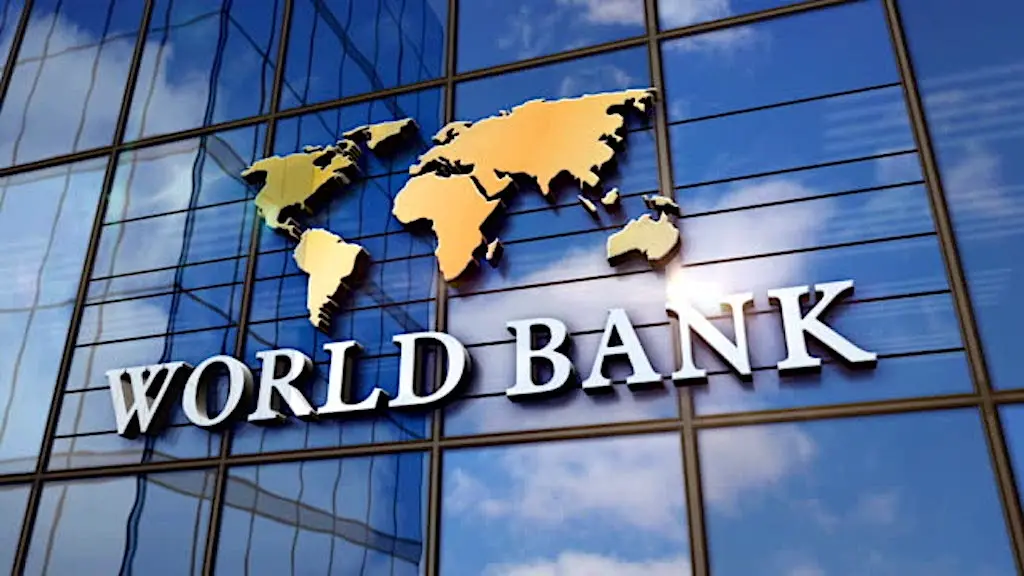
The World Bank has projected that Nigeria’s economy will grow by 4.4 percent in 2027, slightly higher than the 4.2 percent forecast for 2025, driven largely by the services sector, alongside growth in agriculture and non-oil industries.
The Bank made the forecast in its October 2025 Nigeria Development Update (NDU) titled “From Policy to People: Bringing the Reform Gains Home,” presented in Abuja on Tuesday.
Speaking at the event, Samer Matta, the World Bank’s Senior Economist for Nigeria, said the country’s economic outlook remains “cautiously optimistic,” but warned that inflation continues to pose serious challenges particularly food inflation, which he described as the “biggest tax on the poor.”
Growth Strengthens, Inflation Still Elevated
According to the report, Nigeria’s economy expanded by 3.9 percent year-on-year in the first half of 2025, compared to 3.5 percent in the same period of 2024, reflecting steady improvement across multiple sectors.
“Growth was driven by strong performance in services and non-oil industries, alongside improvements in oil production and agriculture,” the World Bank stated.
The report also noted that Nigeria’s external position has strengthened, with foreign reserves surpassing $42 billion and the current account surplus rising to 6.1 percent of GDP, aided by higher non-oil exports and lower oil imports.
On the fiscal front, despite weaker oil prices, the federal deficit is expected to remain stable at 2.6 percent of GDP in 2025, while public debt is projected to decline for the first time in over a decade from 42.9 percent to 39.8 percent of GDP.
Macroeconomic Gains Yet to Impact Nigerians
The World Bank, however, cautioned that these macroeconomic improvements have not yet translated into better living conditions for most Nigerians.
It observed that poverty and food insecurity remain high, with many low-income households still struggling to cope with rising costs.
The report revealed that between 2019 and 2024, the cost of a basic food basket in Nigeria increased fivefold, with poorer households spending up to 70 percent of their income on food.
Three Priorities to Improve Welfare
To bridge the gap between reforms and real-life impact, the World Bank outlined three key policy priorities for the Nigerian government:
- Tackle food inflation by removing trade barriers such as import bans and excessive duties, while addressing structural bottlenecks in inputs, logistics, storage, and infrastructure.
- Improve public spending efficiency through greater fiscal transparency and discipline, especially in Federation Account (FAAC) deductions and human capital investments.
- Expand social protection by institutionalising regular, domestically funded cash transfers for the ultra-poor and building a responsive safety net for vulnerable households.
Reforms Gaining Traction — World Bank Director
Also speaking, Mathew Verghis, the World Bank Country Director for Nigeria, said the government’s recent policy reforms are beginning to yield positive results.
“The Nigerian government has taken bold steps to stabilise the economy, and the efforts are beginning to show,” Verghis noted.
“But macroeconomic stability alone is not enough. The true measure of success will be how these reforms improve the daily lives of Nigerians especially the poor and vulnerable.”
The event was attended by key policymakers, including Minister of Finance and Coordinating Minister of the Economy, Wale Edun, Nasarawa State Governor, Abdullahi Sule, representatives of the Central Bank of Nigeria (CBN), and Ebele Enunwa, Chief Executive Officer of Sundry Markets Ltd.



